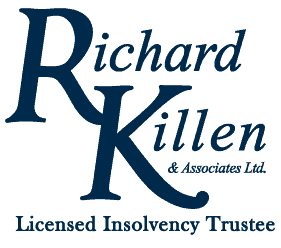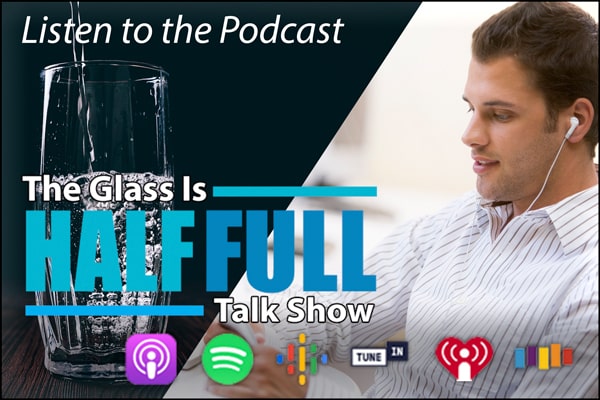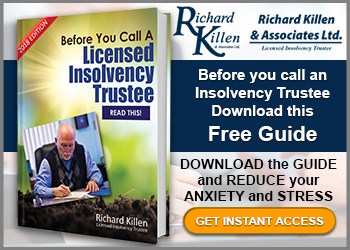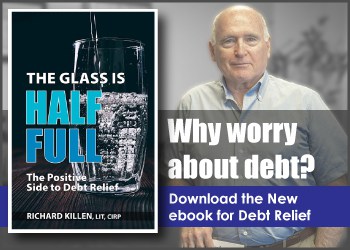4 Money Mistakes You Need to Stop Doing Now
Posted on: April 20, 2020Posted in Advice from Richard, Financial Advice | Comments Off on 4 Money Mistakes You Need to Stop Doing Now
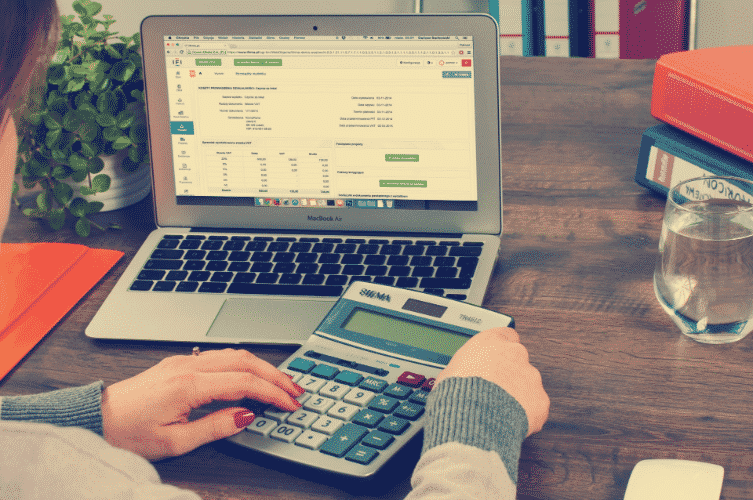
You may have made at least a few money mistakes in your life. Maybe you didn’t shop around enough and made a wrong buying decision that cost you huge savings. Maybe you spend money so easily that sometimes you wonder where all your money went right after payday.
Maybe you decided you would take care of your credit card debt but you keep putting off paying it month after month. These mistakes are all too common, many of us are guilty of them. However, we don’t want to keep doing them again and again because they can be costly mistakes that can add up over time and potentially create financial hardship for us and our family.
Make sure you avoid doing these common money mistakes over and over again:
Spending more than you make

Not living within your means is a top money mistake anyone can easily make. Baby boomers go into debt just to “keep up with the Joneses.” The millennials let FOMO get the best of them and try very hard to keep up with their peers to have the best things even though they cannot afford it. The fear of missing out is one reason why many young Canadians are carrying so much debt.
Ideally, you should be spending less than you earn, and not have to live paycheck to paycheck. It doesn’t mean you have to be cheap. You just have to be frugal and be careful about how you spend your money. Practice making smart purchasing decisions all the time so that every purchase you make is within your budget and you don’t have to live on borrowed money. Don’t buy a house or a car that you’ll struggle to pay and have to forego when you can’t keep up with payments. Focus on what you can afford now, and when you can earn more at some point, you can easily decide to upgrade.
Thinking you don’t need a budget
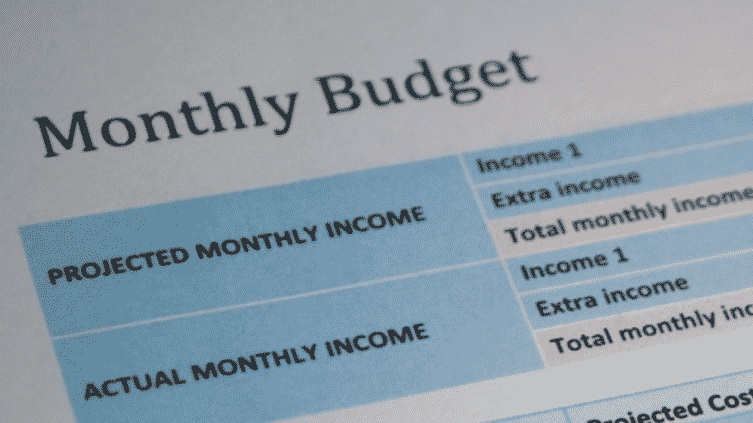
A budget is a crucial financial tool that can help you track your spending. You can easily go astray with your spending when you don’t have a guide to know how much money you have and how you are spending it. It’s important to set up a budget that is realistic to ensure it will work. List down exact figures on what you are spending on. Make sure to include every expense you make – bills, installment purchases, debt payments. Allow for some wiggle room for emergencies and entertainment, so that any unexpected expense won’t send your budget tumbling down. You should make a budget every month and make sure to account for new expenses so you don’t blow past your limit. Do what works for you – list your budget on paper the old-fashioned way, or create it on a spreadsheet or use a budgeting app like Mint or iExpenselt, the important thing is that you have a budget to help you track your spending.
Having credit card debt

Credit card debt has the biggest financial consequences and it’s a money mistake many Canadians have made at some point. Consider the high balances and high-interest charges you have to pay that could have been put to better use. If you’re not careful, it can drain your savings and get you into serious financial trouble. The excessive debt can cripple your household for years.
Make a commitment to yourself: If you can’t afford what you are putting on your credit card, do not make the purchase. Never pay much more than what you can afford, it needs to be within your means. Next, take the steps to correct this mistake right away and stop Using Your Credit Cards altogether. Pay up the balance you have now and stop adding to your balance. Start paying with cash so you don’t pay excessive interest and fees. It will be difficult at first, but spending with cash is absolutely necessary to help you be debt free. It’s also the best way to help you stay within your monthly budget because you become aware of what you spend and limit your spending quickly when you see that cash is low.
Not having an emergency fund
![]()
Another money mistake many of us make is not having an emergency fund. An emergency fund is ready cash which you can easily use in case of unexpected expenses. There are different definitions of what an emergency fund is. For some, it’s $1000 in a checking or savings account. For others, it’s a year’s worth of expenses invested. For most of us, it’s somewhere in between and having any emergency fund is better than none. It can be little expenses like minor car troubles or big expenses like a job loss or a debilitating illness, and this ready source of cash will help you be financially prepared when the need arises so you don’t have to be scrambling for funds. Determine how much you can set aside per month and start saving. Don’t worry whether the initial amount is sizable or not, you can always work your way to your desired amount. Any amount is better than not having any emergency fund at all.
You’re going to make some money mistakes over the years. If you’re aware of these mistakes, you can help yourself by taking steps to correct your mistakes and avoid them so you can plan for a better financial future.
